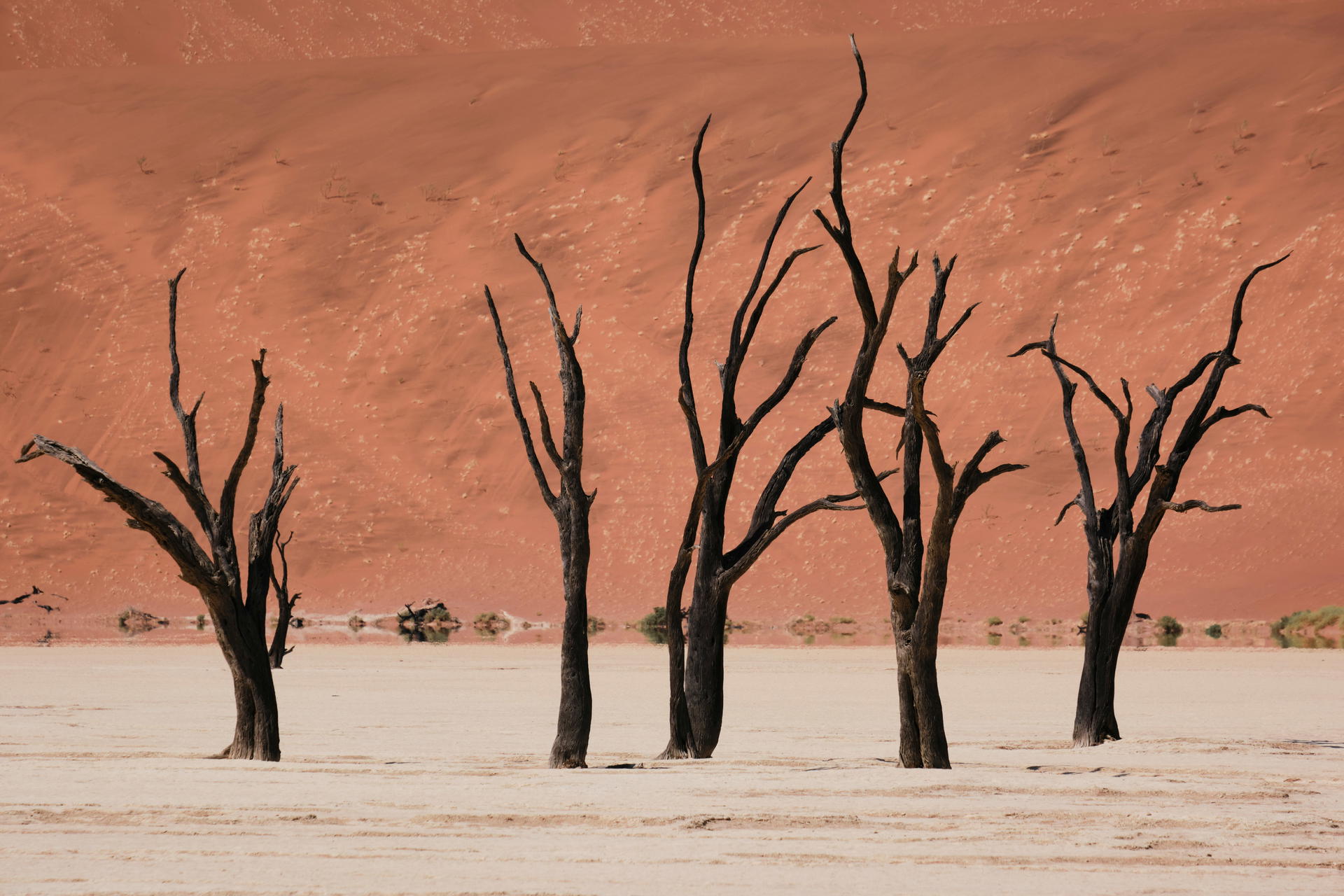· 6 min read
When forests are reduced to financial assets and the ocean's biodiversity is quantified in stocks and yields, it becomes painfully clear that conventional economics is not merely outdated, it is dangerously disconnected from reality. The prevailing logic of economic growth continues to justify the destruction of ecosystems in the name of development and progress, despite mounting evidence that these practices are unsustainable and self-destructive. For example, the World Bank estimates that the annual global cost of environmental degradation exceeds $4.7 trillion, far more than the combined GDP of many developing nations. Yet our economic systems remain blind to this loss, focusing instead on abstract indicators of growth.
Money, in today’s economy, has become unmoored from its original function as a medium of exchange rooted in physical and social goods. When the fish are gone, when the forests are razed, when the soil no longer breathes, and the bees no longer pollinate, the economy does not simply stall, it collapses. Yet capital continues to multiply in abstract forms, growing faster than the real world itself. Money now "grows" in digital realms faster than natural systems can regenerate, creating a false sense of abundance while the foundations of life crumble beneath us.
Economics, as taught in universities and implemented in boardrooms and ministries, is blind to this reality. It presents itself with an air of authority, cloaked in mathematical formulas, equilibrium models, and slick diagrams. Introductory textbooks proudly showcase the "circular flow" model of the economy: a clean, mechanised loop of raw material extraction, processing, manufacturing, and retail, with arrows cycling back and forth like a perpetual motion machine. It looks logical. It looks complete. But it is a lie.
Where in that diagram are the ancient, millions of years glaciers? Where is the topsoil that takes centuries to form? Where are the aquifers, the wetlands, the microbial life in the soil, or the migratory patterns of pollinators? Where are the rivers that sustain us and the fungi that nourish tree roots in the forest? The answer from mainstream economists: "Oh, those are externalities."
Externalities. That is the term used to describe nature’s life-giving systems. As if the web of life that makes this planet habitable were just a side note. As if the breathability of air, the drinkability of water, and the fertility of soil were irrelevant to the business of maximising GDP. It is no exaggeration to say that such a worldview borders on insanity or some kind of impaired cognitive functioning.
Conventional economics, in its refusal to account for ecological limits, is a form of institutionalised brain damage. It severs our perception from the Earth systems that make human life possible. By categorising natural services like photosynthesis, pollination, and carbon sequestration as external, the discipline abdicates responsibility for their protection. As a result, nature is sacrificed at the altar of economic "growth," a word that, in ecological terms, now often means death.
The economy of violence
The underlying principle of our modern economy is violence. It is a system that was forged in the fires of conquest and imperialism, justified by the doctrines of kings, gods, and later, corporations. This violence manifests in multiple forms: the destruction of ecosystems in the name of economic growth, the exploitation of labourers under the guise of productivity, and the systemic oppression of women and children in patriarchal power structures.
Consider the ways in which the economy legitimises this violence. Extractive industries strip the Earth of its resources, leaving behind barren landscapes and polluted waterways. Agricultural systems, designed to maximise profit, rely on chemical inputs that poison the soil and water. These practices are not isolated incidents but systemic necessities for an economy predicated on endless growth and profit.
Moreover, the violence is not only physical but also psychological. The commodification of life, where every aspect of existence is assigned a monetary value, creates a culture of scarcity and competition. This fosters fear, anxiety, and division among people, perpetuating cycles of harm that extend beyond the visible destruction of the natural world.
Nature is not a luxury. It is not an optional variable in economic equations. It is the precondition for life and the foundation of all economies. The hydrologic cycle purifies and distributes fresh water. Forests regulate climate, generate oxygen, and host the biodiversity that makes ecosystems resilient. Insects and birds fertilise nearly all flowering plants. Microorganisms turn waste into fertility and maintain the living skin of the Earth, the soil from which all our food springs. Yet these systems are deemed invisible by the very discipline that claims to manage the world’s resources.
It is time to reject the myth that economics is a neutral science. It is not. It is a set of values that prioritise consumption, privatisation, and profit over justice, regeneration, and well-being. It is a worldview masquerading as mathematics, and its assumptions are not universal truths but deeply patriarchal, political choices.
Life-positive economics
Regenerative economics is the antidote to this delusion. It begins with the recognition that all economic activity is embedded in a living planet, and that human well-being is inseparable from ecological health. Rather than viewing the Earth as a stockpile of resources to be depleted, regenerative economics sees the planet as a living system to be honoured, healed, and co-created with.
It redefines wealth not as the accumulation of money, but as the ability to sustain life, nourish communities, and ensure the resilience of ecosystems for generations to come. It places emphasis on local economies, circular systems, and bioregional thinking, ensuring that resources are not extracted and exported, but regenerated and shared. Regenerative economics encourages practices like agroecology, ethical finance, ecosystem restoration, and solidarity-based enterprise models that prioritise the commons over competition.
It values reciprocity, stewardship, and interdependence over extraction and domination. This is not merely a change in accounting, but a profound shift in consciousness, from economies of control and scarcity to cultures of care and abundance.
Closely tied to regenerative economics is the emerging framework of feminine economics, which calls for a paradigm rooted in care, collaboration, and cyclicality rather than linear extraction and accumulation. Feminine economics reframes value itself, centring the unpaid and often invisible labour of women, the wisdom of Indigenous and community-based systems, and the nurturing functions of both people and planet. It asks: What if care, well-being, and life itself were at the centre of our economic models? What if we measured abundance not by GDP, but by health, connection, and vitality? Feminine economics challenges us to move from domination to relationship, from scarcity to sufficiency, and from ownership to stewardship.
If we are to survive and thrive on this Earth, we must rewire the mental models that guide our collective decisions. That means challenging the dangerous mythologies of classical economics and embracing an economics of connection. One that does not call the Earth an "externality," but sees it for what it truly is: our only home.
The forests are not just timber. The oceans are not just fish. The soil is not just dirt. These are the organs of a living planet. To degrade them for the illusion of financial gain is not merely unwise, it is suicidal.
It is time we remember: the real economy is the Earth itself.
illuminem Voices is a democratic space presenting the thoughts and opinions of leading Sustainability & Energy writers, their opinions do not necessarily represent those of illuminem.






